Deciding a career path is one of the most crucial decisions students face, and yet, for many, it’s also one of the most challenging. Amid the pressures of academic success, societal expectations, and comparisons with peers, students often find themselves swayed by voices and choices that may not align with their true interests. Imagine a student dreaming of becoming an artist but feeling compelled to pursue engineering because “everyone else is doing it.” This is the silent power of peer pressure in career choice.
But here’s the truth: a fulfilling and successful career is born out of passion, not obligation. This blog will help you understand the role peer pressure plays in career decision-making, how to identify personal passions, and most importantly, practical steps to confidently choose a path true to yourself.
Understanding Peer Pressure in Career Choice
Peer pressure often shows up subtly in career decisions. It’s not always the loud voices of others; sometimes, it’s about unspoken expectations or the fear of being left behind.
What is Peer Pressure?
Peer pressure refers to the influence exerted by friends, classmates, or society to conform to a particular decision or behavior. When it comes to careers, this pressure can take the form of:
- Following popular fields of study like engineering, medicine, or law.
- Comparing yourself with peers who seem to have their future “figured out.”
- Choosing high-earning career paths to gain approval from friends or family.
Why Do Students Succumb to Peer Pressure?
- Fear of Missing Out (FOMO): Students may feel left behind when everyone around them follows certain trends.
- Lack of Clarity: When unsure of their abilities or strengths, students often rely on the guidance (or decisions) of others.
- Validation Needs: A career choice that pleases parents or peers can feel like an easy route to approval.
- Trend Following: Tech fields or corporate jobs may appear glamorous due to societal narratives, pushing students to fit into such molds.
But succumbing to these influences often leads to dissatisfaction, burnout, and a lack of fulfillment. That’s why it’s vital for students to understand where their personal passions truly lie.
Identifying Personal Passions
Finding your passion is the first step to making an authentic career choice. But it’s also a process of self-discovery that requires time, effort, and introspection.
How to Identify Your Passions
- Reflect on Your Interests: What activities do you enjoy doing the most? Which school subjects excite you? These are often clues to what you’re passionate about.
- Examine Your Strengths: Are you great at solving problems? Do you have an eye for design? Recognizing your strengths helps align your skills with the right career path.
- Explore What Makes You Lose Track of Time: Whether it’s coding, writing, playing music, or sports, think about the tasks that make you forget everything else.
- Seek Feedback: Often, teachers, mentors, or parents may notice your strengths before you do. Ask for their honest perspectives.
Why Aligning Career Choices with Passion Matters
- Satisfaction: A career aligned with your passion fosters greater happiness and satisfaction.
- Success: When you love what you do, dedication and focus come naturally, often leading to long-term success.
- Resilience: Challenges are easier to cope with when you’re doing something you truly believe in.
Practical Steps to Resist Peer Pressure and Follow Your Passion
Resisting peer pressure doesn’t have to be daunting. Here are actionable strategies to help students stay true to themselves:
1. Perform a Personal SWOT Analysis
- Strengths: List what you excel at.
- Weaknesses: Identify areas you can improve on.
- Opportunities: Explore career options that match your skills and strengths.
- Threats: Recognize external pressures and strategize to resist them.
2. Use Career Exploration Tools
Online tools such as aptitude assessments and interest tests can offer valuable insights. Platforms like TheCareerFoundry provide assessments tailored to specific student strengths and careers.
3. Set Personal Goals
Clarify both short-term (e.g., learning coding) and long-term goals (e.g., becoming a game developer). Working toward these goals can provide a sense of purpose and direction.
4. Seek Career Guidance
Speak to professional career counselors, mentors, or school advisors. They can provide an unbiased perspective and strategic guidance to help you focus on what truly matters.
5. Experiment with Internships and Projects
Internships or short-term projects allow you to test your interests in real-world scenarios. They provide both hands-on experience and clarity about whether a particular field is the right fit.
6. Develop a Support Network
Surround yourself with people who truly encourage your growth and allow you to explore your interests without judgment. This could be parents, mentors, or like-minded friends.
Words of Wisdom from Experts
1. Career Counselor Insight
“Choosing a career is not just about what’s popular today. It’s about understanding your strengths, values, and aspirations. Focus on discovering who you are first, and the career path will become clearer.”
– Meera Bansal, Career Coach at The CareerFoundry
2. Advice from a Successful Professional
“I was told that going into photography would be unstable. But I trusted my gut and built my portfolio relentlessly. Today, I run my own photography business, and I couldn’t be happier.”
– Aditya Rao, Professional Photographer
Real-Life Inspiration: Stories of Passion Over Peer Pressure
Case 1
Mitya, a Class 12 Science Student to Wildlife Photographer
Despite the societal push to pursue medicine and her friend group leaning toward engineering, Riya nurtured her love for wildlife photography. Today, she’s an award-winning photographer with a world-traveling career.
Case 2
Rahul, an Arts Enthusiast to Product Designer
Coming from a family of government officers, Rahul’s decision to pursue design was met with resistance. He stayed focused, completing multiple internships, and today works as a product designer for a top-tier global firm.
Build a Career That Reflects YOU
Ultimately, choosing a career is a personal decision, not one dictated by friends, family, or societal expectations. By focusing on your passions and leveraging the tools and strategies outlined here, you can confidently carve out a path that aligns with your strengths, values, and future goals.
If you’re unsure how to begin, our expert counselors at TheCareerFoundry are here to help. Book a consultation with us today, and together, we’ll unlock the career that’s right for you.




